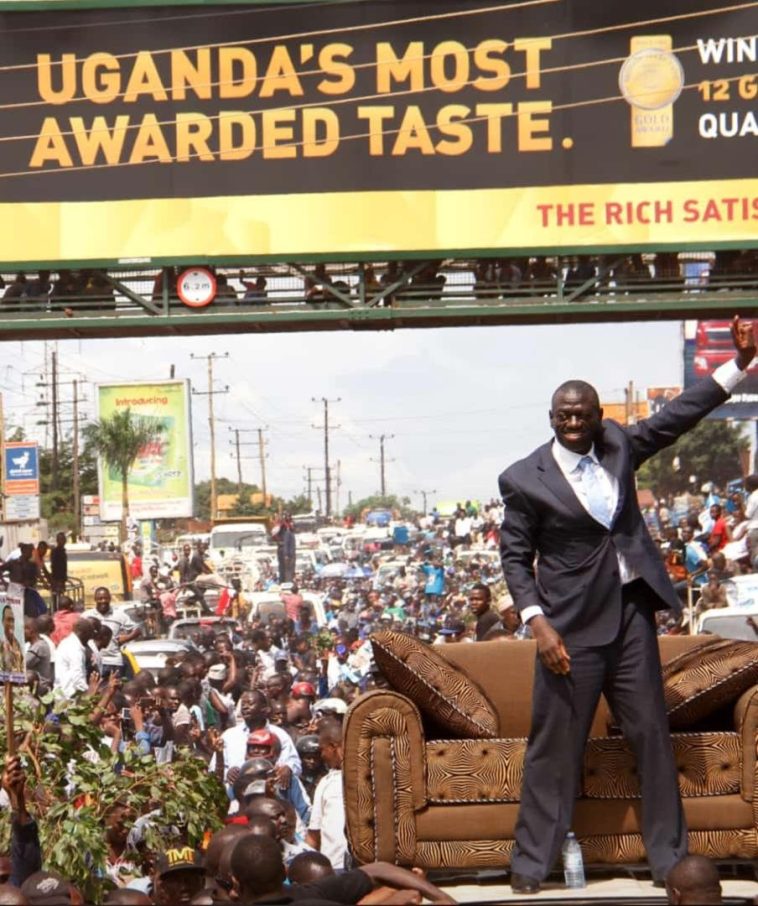A Symbol of Suppression
The recent arrest of Dr. Kizza Besigye, former president of Uganda’s Forum for Democratic Change (FDC), in Nairobi and his controversial extradition to face a military court in Kampala is not merely an isolated incident. It is a chilling emblem of a regime determined to silence dissent through legal theatrics and brute force. Besigye’s detention—rooted in dubious allegations of “subversive activities”—exposes a familiar pattern: the weaponization of state institutions to crush opposition, while the world’s gaze turns elsewhere.
Dr. Besigye, a retired army colonel, once stood alongside President Yoweri Museveni during Uganda’s bush war. But for over two decades, he has been the most vocal critic of Museveni’s authoritarian rule, enduring arrests, torture, and politically motivated trials. His latest ordeal began in Nairobi, where Kenyan authorities colluded with Ugandan forces to detain him illegally, bypassing due process. Extradited to Uganda, he now faces charges in a court martial—a body with no jurisdiction over a civilian who renounced military service 20 years ago.
Uganda’s Supreme Court has already ruled that military courts cannot try civilians, yet the government insists on this charade. Why? Because court martials operate in secrecy, lack transparency, and serve as puppets of the executive. By ignoring the Supreme Court’s order to transfer Besigye’s case to civilian courts, the regime reveals its contempt for judicial independence and the rule of law. This delay is not bureaucratic inertia—it is a calculated strategy to break a symbol of resistance.
Besigye’s plight mirrors Uganda’s broader democratic decay capturing the dehumanizing calculus of a regime that treats citizens as disposable obstacles. From shutting down media to criminalizing protests, Museveni’s playbook is clear: stifle dissent, control the narrative, and cling to power. Meanwhile, state-sponsored “lies on TV” drown out the whispers of ordinary Ugandans demanding accountability.
The international community must not look away. Human rights organizations, regional bodies like the African Union, and global powers must pressure Uganda to honor its own laws and release Besigye. Civil society, activists, and journalists—both within and beyond Uganda—must amplify the stories.
Besigye, “too damn tired of fighting,” embodies the exhaustion of a nation pushed to its limits. Yet his defiance, even in chains, reminds us that oppression fuels resistance. The question is not whether Uganda’s whispers will erupt into a roar, but when. Until then, the world must decide: will it side with the pawns, or the puppeteers?
“When the bad times came, we were to be ignored… till our whispers became a roar.” The time to listen is now…
This post was created with our nice and easy submission form. Create your post!




